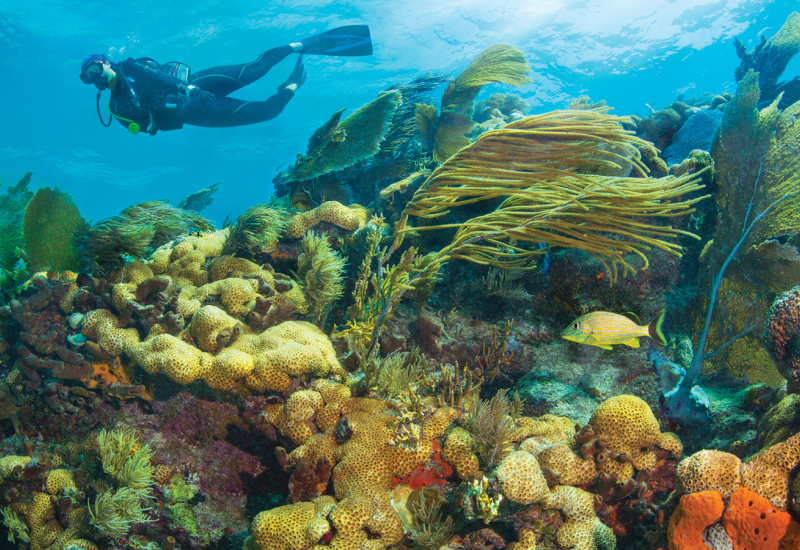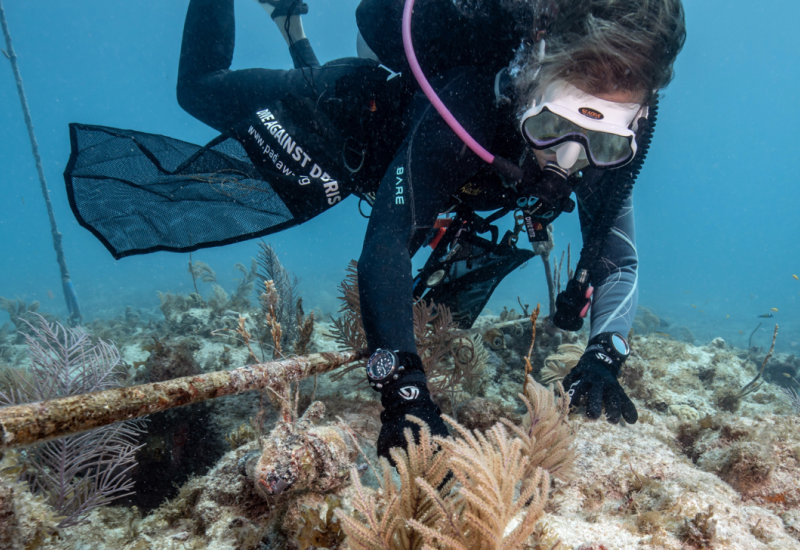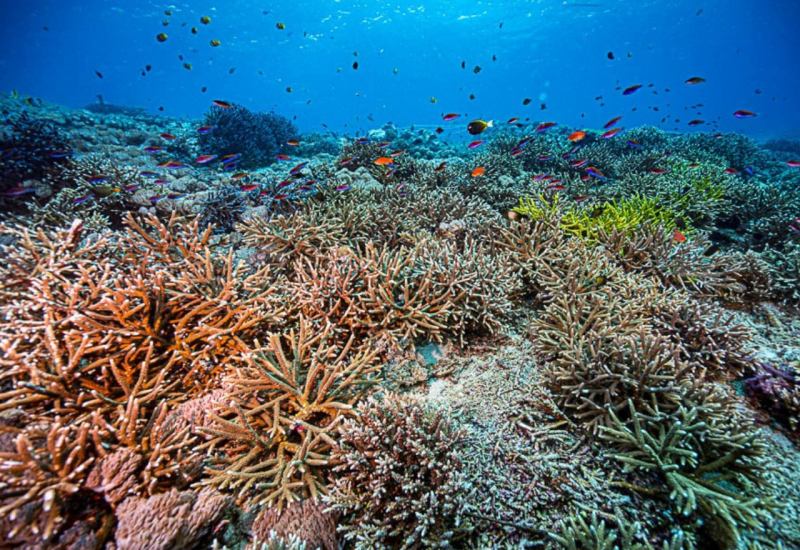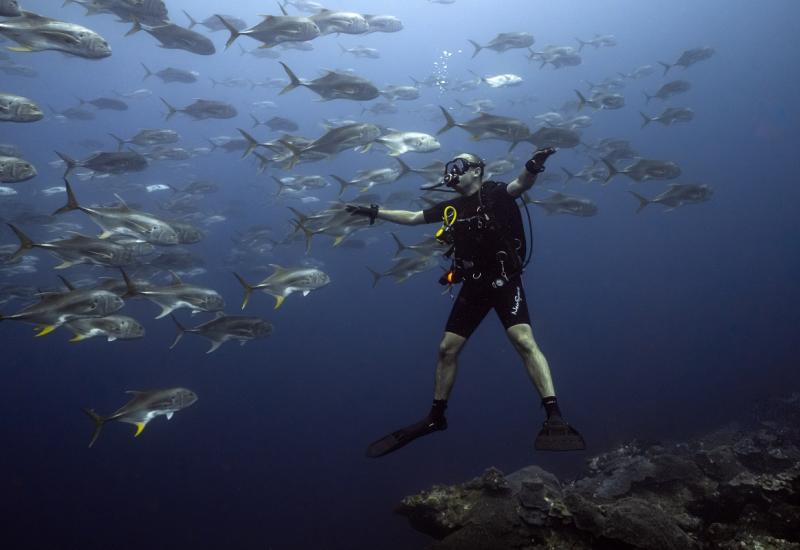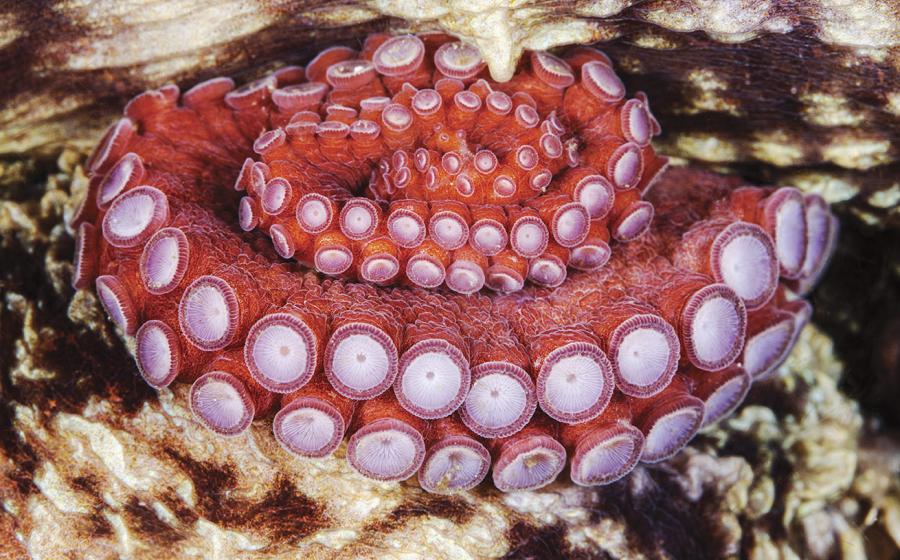What Happens to Ocean Animals During a Tsunami?
In this edition of Ask a Marine Biologist, Dr. David Shiffman answers a question from a reader.
Question: What happens to marine organisms during a tsunami? Are animals able to get out of the way fast enough? —Dakota S., South Carolina
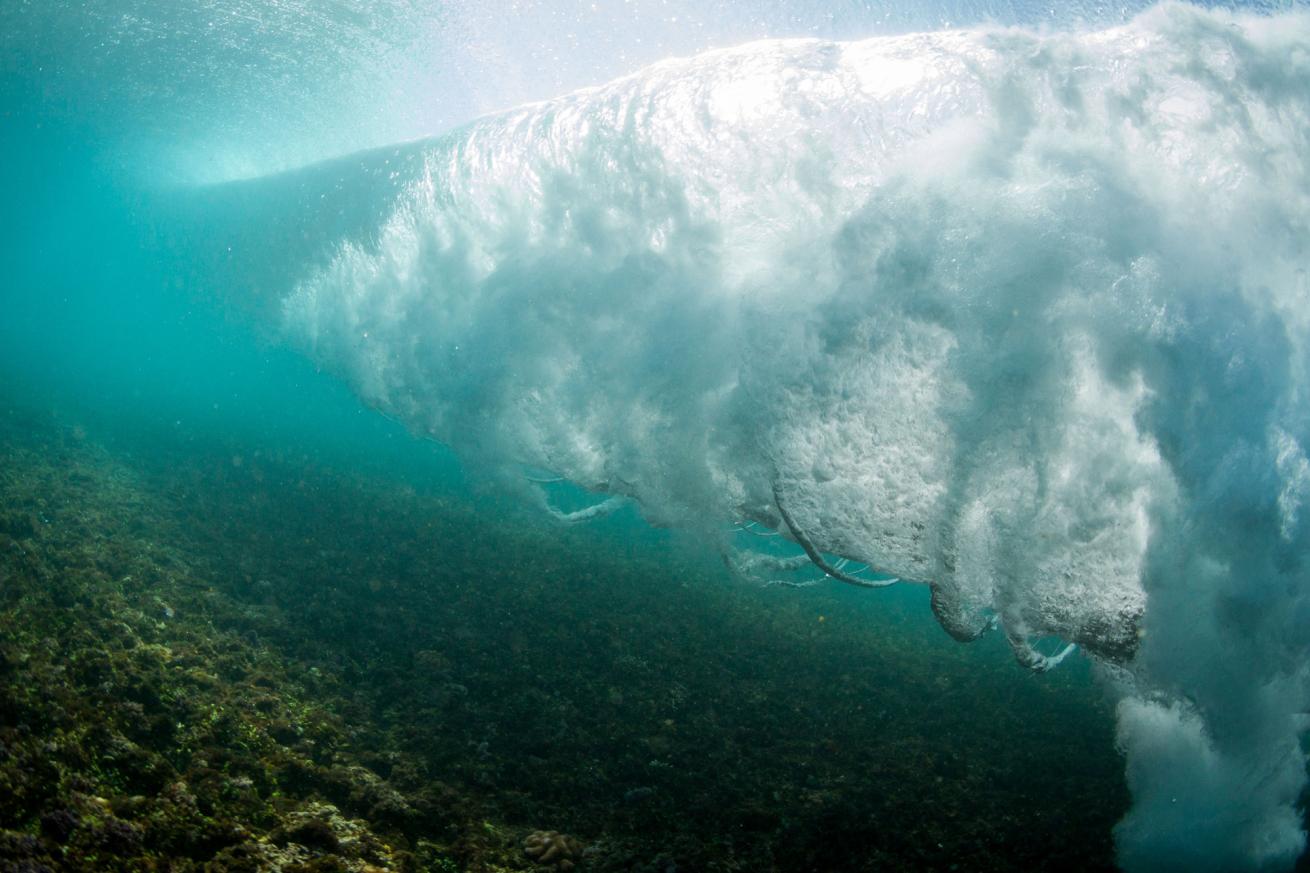
ShutterstockTsunamis, which are not the same thing as tidal waves, are caused by underwater geological events like earthquakes.
Answer: It depends! Some marine animals probably won’t even notice that anything out of the ordinary happened. Others will be killed quickly and painlessly by the force of the tsunami. Still others will die later as a result of habitat destruction or water-quality issues caused by the tsunami’s passage. (It should be noted here that tsunamis can kill horrifying numbers of people and destroy the lives of countless more. But the question from Dakota focused on marine life, so that’s what I’ll focus my answer on.)
Tsunamis, which are not the same thing as tidal waves, are caused by underwater geological events like earthquakes. While the wave is still over relatively deep water, the water level only rises a few inches, and marine animals there probably wouldn’t notice that anything had happened—ships in deep water during a tsunami report being unaware that anything had passed by them.
The problem comes when the wave reaches relatively shallow water, which causes it to slow down, resulting in the wave growing much higher and forming the destructive force we associate with tsunamis. As this happens, coastal water is forced out to sea, and any marine animals that don’t move with it may be stranded out of the water. When the wave crashes back onto shore, the force can be devastating for marine life as well as the habitats that sustain them. Coral reefs, home to many species of fish and other marine animals, are considered “natural breakwaters” for tsunamis, but can also suffer massive damage as tsunamis crash into them. Mangroves and shallow-water sea grass beds, also critical habitat for many fish species, can be pretty thoroughly destroyed.
After the wave crashes onto land, the water carries all kinds of debris back to sea, which may include a variety of toxic chemicals. It will also stir up sediment, which can affect the water clarity and water quality in many ways that are harmful for coastal marine life. Hundreds of invasive species are spread to new habitats in this way, which can cause environmental damage thousands of miles away from any documented impact. It should be noted, however, that a United Nations Fisheries and Agricultural Organization report on the effects of the 2004 Boxing Day tsunami on Southeast Asian fisheries found that the tsunami’s impact on local fish populations was relatively small compared to the impact of pre-tsunami unsustainable local fishing practices.
Tsunamis, in short, are bad news for lots of different species of marine life in many different ways.
About David Shiffman
Dr. David Shiffman is a marine conservation biologist specializing in the ecology and conservation of sharks. An award-winning public science educator, David has spoken to thousands of people around the world about marine biology and conservation, and has bylines with the Washington Post, Scientific American, New Scientist, Gizmodo and more. Follow him on Twitter, Facebook and Instagram, where he’s always happy to answer any questions about sharks. Please direct any questions or hate mail to [email protected].

